Our first few days on the remote island of Koh Sdach off the coast of Cambodia have been very interesting and insightful. We travelled many hours in a local and crowded minibus to reach this area, which is not often frequented by overseas visitors other than the volunteers and staff at the Projects Abroad base on Koh Sdach. The base is tucked away within the local stilted village on this island and offers a very different cultural experience to anything I have been a part of before. The local way of life is friendly, baking hot, noisy (thanks to the cockerels and sheer proximity of people) and it is fascinating. The community is focused on fishing and additional trade from their row of basic shops that offer everything the island population needs. Those shops also double up as homes, with some people living and working within just one room open to the path and elements. Being tucked away and perched literally above the ocean, the facilities of the island are basic and there is no sewerage system or waste management at all for the islanders. Human waste and man made waste is deposited in the ocean and is clearly visible in the water, trapped within reefs and across the beautiful beaches of neighbouring Islands. Marine pollution is a huge issue here, as it is globally, and it is something Projects Abroad are working hard to tackle. Since arriving we have completed a beach clean, which are done regularly in this area by the volunteers and staff, and conducted a Dive Against Debris – which is essentially an underwater clean up of discarded nets and other garbage that damages the reefs and their inhabitant species. Projects Abroad also educate the local community about the environmental and health impacts their waste in the oceans has and are working to set up a waste management system on the island.
Did you know that plastic beverage bottles take 450 years to decompose?
Monofilament fishing line takes 600 years and aluminium cans take 200 years to decompose?
It takes glass bottles one MILLION years to decompose.
You might think that you’re doing your part by simply recycling the plastic bags and other recyclables that you use but there is much more you can be doing to help. Just imagine this for a moment: 100 million single-use plastic bags are used globally per minute. If we all refused to use plastic bags there would be a great deal less plastic in the environment, which in turns saves the precious and finite natural resources used to create and then recycle those plastics. Plastic products do have their place in society but we are using far too much of them and have become reliant on this material that is killing our environment and poses threats to human health.
Take a step back today and have a think about ways in which you could REFUSE to purchase plastic products in the first place, REDUCE your use of plastic by finding alternative such as jute bags for shopping and metal water containers, REUSE those plastics you do purchase – create plant/herb containers from bottles for example – and only then consider RECYCLING as an option. It is not the first option when it comes to being environmental and sustainable in our lifestyle.
Refuse
Reduce
Reuse
Recycle
Simple!
So, apart from ‘doing the right thing’ and ‘being green’ what does this have to do with you?
Why bother?
The largest area of plastic debris in the ocean is estimated to be 10 million Km2 in size and that poses a very real threat to the our health and that of marine species. A recent study has found that 90% of all seabird species have plastic in their stomachs. The presence of plastics within seabirds and other marine species can be fatal as those that consume it are not able to digest it and the plastics act as a sponge for heavy metals and chemicals that then accumulate up the food chain. That fish you are eating may well contain micro plastics (pieces of plastic less than 1mm in size, commonly found in the oceans), which you in turn are consuming. That puts you at a greater risk of certain diseases as those chemicals leach out into your body. Being micro plastics, you wouldn’t even be aware of if you are consuming them or not. Think twice before using plastics and so adding to this global problem and choose only sustainable and environmentally sound fisheries.
Turtle species are particularly vulnerable to plastic bags floating on the oceans as they mistake them for jellyfish and consume them. They cannot process the plastic and the bags often cause these vulnerable species to die from choking at the point of consumption. Next time you use a plastic bag or plastic bottle and throw it away, think about the effect that is having on other species elsewhere in the globe. It doesn’t take much of a breeze to pick up a discarded wrapper in an overfull bin at the beach, deposit it into the ocean and begin that process of environmental damage. We can all make a difference if we choose less plastic today.
(Apologies for the lack of images…our remote island home’s Internet connection doesn’t like photographic uploading)


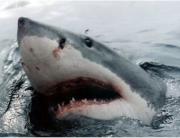
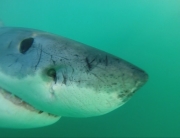
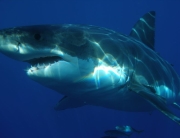
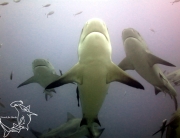
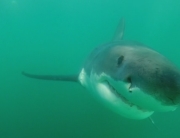










Follow Us